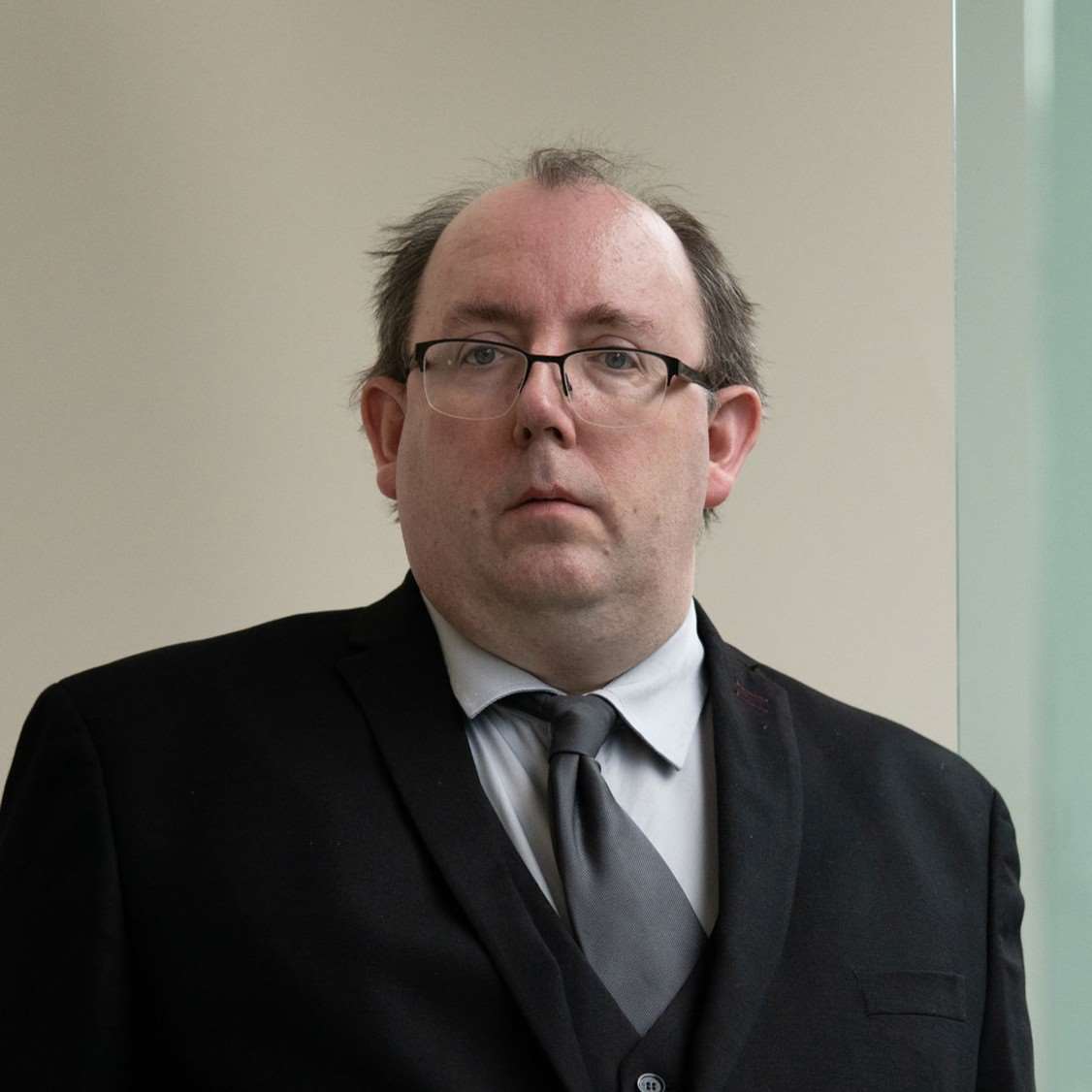How to reduce your inheritance tax bill?

A once widely, but now almost forgotten, tax loophole is meaning thousands of people could be needlessly paying large inheritance tax (IHT) bills each year.
Sherelle O'Brien solicitor in the Wills, Trust & Probate team at Wake Smith, looks at how some can reduce their IHT bill by utilizing their available allowances.
The article covers:
- What is IHT?
- What’s a nil rate band discretionary trust?
- Who would benefit from the IHT loophole?
- How the IHT loophole works
- A retrospective tactic
- Your next move with IHT?
What is IHT?
IHT is a tax on an estate (the property, money and possessions) of someone who has died. Each person has a personal allowance (otherwise known as the nil rate band allowance) of up to £325,000 taxed at 0 per cent (subject to lifetime gifting). An estate above the available nil rate band allowance is subject to a 40 per cent tax rate.
There is now an additional allowance for passing a family home to direct descendants i.e. children or grandchildren, worth up to £175,000 taxed at 0 per cent (if the estate qualifies). This is known as the “residence nil rate band” allowance.
Gifts between spouses are exempt from IHT and since 2007, married couples and civil partners can transfer their unused allowances. This enables a married couple, on the second death, to pass on up to £1m to their family tax-free.
What’s a nil rate band discretionary trust?
A nil rate band discretionary trust is when someone passes the equivalent to the IHT allowance available to their estate at their death into a discretionary trusts. A discretionary trust appoints trustees to hold and manage funds for your choice of beneficiaries. None of the beneficiaries are absolutely entitled to funds in the trust until the trustees decide to appoint funds out to them. This means whilst assets are held in the trust, they do not belong to any one beneficiary.
Pre-2007, a nil rate band discretionary trust was popular for spouses and civil partners. This is because the transferable nil rate band was not available. This meant if an estate passed to a surviving spouse or civil partner (thus benefiting from a spousal exemption, as spouses or civil partner do not pay IHT on gifts to one another) the IHT allowance was effectively wasted. On the second death, the survivor would own the combined estate but only have their single allowance available to them.
To mitigate the unnecessary tax liability, spouses would pass the equivalent to the IHT allowance into a discretionary trusts for the benefit of their spouse. The effect was that spouse would be able to benefit from the funds held in the trust, if necessary, but whilst the funds were held in the trust, it would fall outside of the spouse’s estate for IHT purposes on the second death.
However, since the introduction of the transferable allowances in 2007, this practice has more or less died out.
Who would benefit from the IHT loophole?
The IHT loophole would largely benefit widowed spouses or civil partners who remarry.
An estate can only benefit from a maximum of two sets of IHT allowances. Therefore if you remarried after your spouse died and left your entire estate to your new spouse, you would essentially have three estates combined into one. If each spouse’s allowance is not utilised, the allowance of the first spouse to die would be wasted.
How the inheritance tax trick works
By utilising each spouse’s allowances, you can mitigate your potential IHT liability. An efficient way to utilise the allowances is to incorporate a nil rate band discretionary trust in your will. Whilst these types of trusts are not as popular due to the transferable nil rate band, they are still effective tax-planning tools.
See example below:
Mr A and Mrs B are married. They have mirror wills, so on the first death, the entire estate would pass to the survivor of them. Their individual estate is worth £400,000.00 each. They have not made any lifetime gifts, therefore their allowances are intact. They do not have children, therefore will not receive the addition residence nil rate band allowance.
Mrs B dies and her entire estate passes to Mr A. Although her estate is above the nil rate band allowance, the spousal exemption applies and no IHT is payable on her death.
If Mr A died, he would be able to claim Mrs B’s unused allowance. As a result, Mr A would have up to £650,000 tax free to offset the combined estate of £800,000.00 and IHT would be payable on the remaining £150,000.00.
Mr A then marries Mrs C. Similarly they make mirror wills, so on the first death, the entire estate would pass to the survivor of them. Mrs C’s estate is worth £100,000.00, therefore the combined estate is worth £900,000.00.
If Mr A died and left his entire estate to Mrs C directly, there would be no IHT payable as the spousal exemption would apply. However if Mrs C died and left her estate to nieces and nephews, she would only be able to claim Mr A’s unused single allowance to uplift her own. Mrs B’s allowance would now be lost as an estate can only benefit from two allowances. As a result, Mrs C would only have up to £650,000 tax free to offset her estate of £900,000.00 and IHT would be payable on the remaining £250,000.00.
Whereas if Mr A left the equivalent to the IHT allowance available to his estate (£650,000.00) to Mrs C in a nil rate band discretionary trust and passed the remainder (£150,000.00) to her directly, he would have utilised Mrs B’s allowance. On Mrs C’s death, the trust value would not form part of her estate. Therefore her estate would be worth £250,000.00 and her single allowance of £325,000.00 would offset this sum meaning no IHT is payable.
A retrospective tactic
This tactic can be used retrospectively by beneficiaries of an estate. A legal document known as a deed of variation, enables beneficiaries to alter their entitlement from a will after the person has died. A deed of variation must be completed within two years of the date of death to be effective.
Jennifer added: “Little-known oddities with tax are increasingly important as rising house prices push the death tax takings to record highs.
“People are entitled to use allowances, even if few people have heard of them, and we offer guidance all the way.”
For further information ask one of our Private Client team.
Your next move?
To book an appointment regarding estate planning please contact Sherelle O'Brien in the Private Client team at Wake Smith Solicitors on 0114 224 2084.
Find out more about Wills and estate planning services
Reviewed 13/02/2025

About the author
Associate in Wills and Probate










